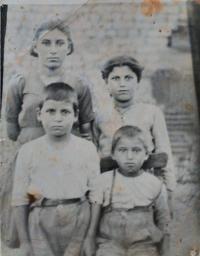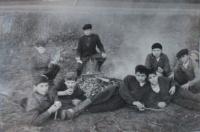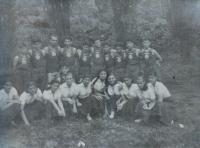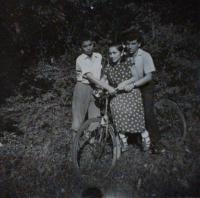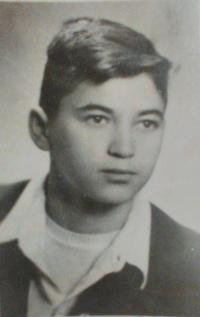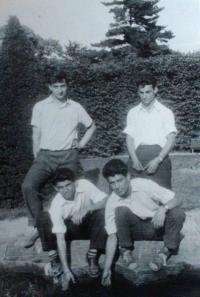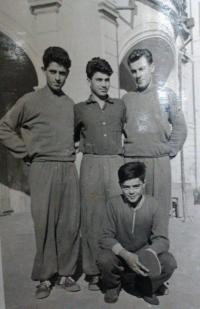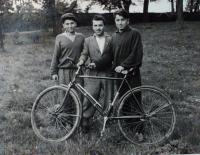The Red Cross. They were wonderful people!
Janis Pataridis was born in northern Greece on 1st February 1937. His parents took part in the communist resistance movement against the Nazis and after the end of World War Two they refused to surrender their weapons to the government which was controlled by the English. Janis’ father joined partisans and he was killed in combat, and his mother was executed for hiding weapons. Janis and his siblings were sent to Yugoslavia, but following a conflict between Tito and Stalin - the Greek communist party sided with the Soviet Union - the Greek refugees were no longer able to stay there. School-age children like Janis and his brother Charis were sent to socialist countries, Czechoslovakia being one of them. The Red Cross, which was subject to the governing political party, was taking care of them throughout this time. Janis Pataridis subsequently stayed in six children’s homes all over Czechoslovakia. He never stayed in a same institution as his brother. From the last children’s home he went to live in a student residence hall in Prague, he graduated from the Czech Technical University (ČVUT) and he remained in Czechoslovakia.

